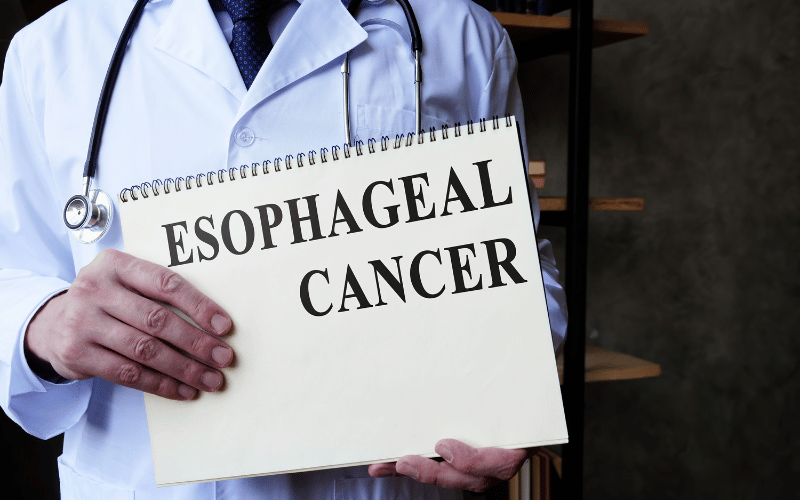Fact 15: The Esophageal Ulcer and Cancer Connection

Esophageal ulcers, while primarily benign, can raise concerns due to their potential association with esophageal cancer. Chronic inflammation and damage to the esophagus might increase the risk of a particular type of esophageal cancer called adenocarcinoma. While the direct progression from ulcers to cancer is rare, the underlying factors causing ulcers might predispose one to cancer.
One of the primary concerns with chronic acid reflux, a significant cause of esophageal ulcers, is its potential to cause Barrett’s Esophagus. This condition is characterized by changes in the cells lining the esophagus, making them more akin to intestinal cells. Barrett’s, in turn, elevates the risk of developing adenocarcinoma.
Esophageal cancer and ulcers can have overlapping symptoms, including painful swallowing, weight loss, and persistent heartburn. This similarity underscores the importance of thorough diagnosis. While the presence of an ulcer doesn’t necessarily signal cancer, any persistent or worsening symptoms should prompt further investigation.
For those with chronic acid reflux or known esophageal ulcers, regular endoscopic examinations might be recommended. These check-ups can identify any cellular changes early on, allowing for timely interventions. Apart from this, adopting an anti-reflux diet, avoiding smoking and excessive alcohol, and seeking treatment for persistent heartburn can be preventive.
The thought of esophageal cancer can be daunting. However, with the right knowledge, one can take proactive steps. Understanding that esophageal ulcers, while a concern, don’t directly equate to cancer can bring solace. Armed with the right information and regular medical check-ups, one can navigate the complexities of esophageal health with confidence. (15)